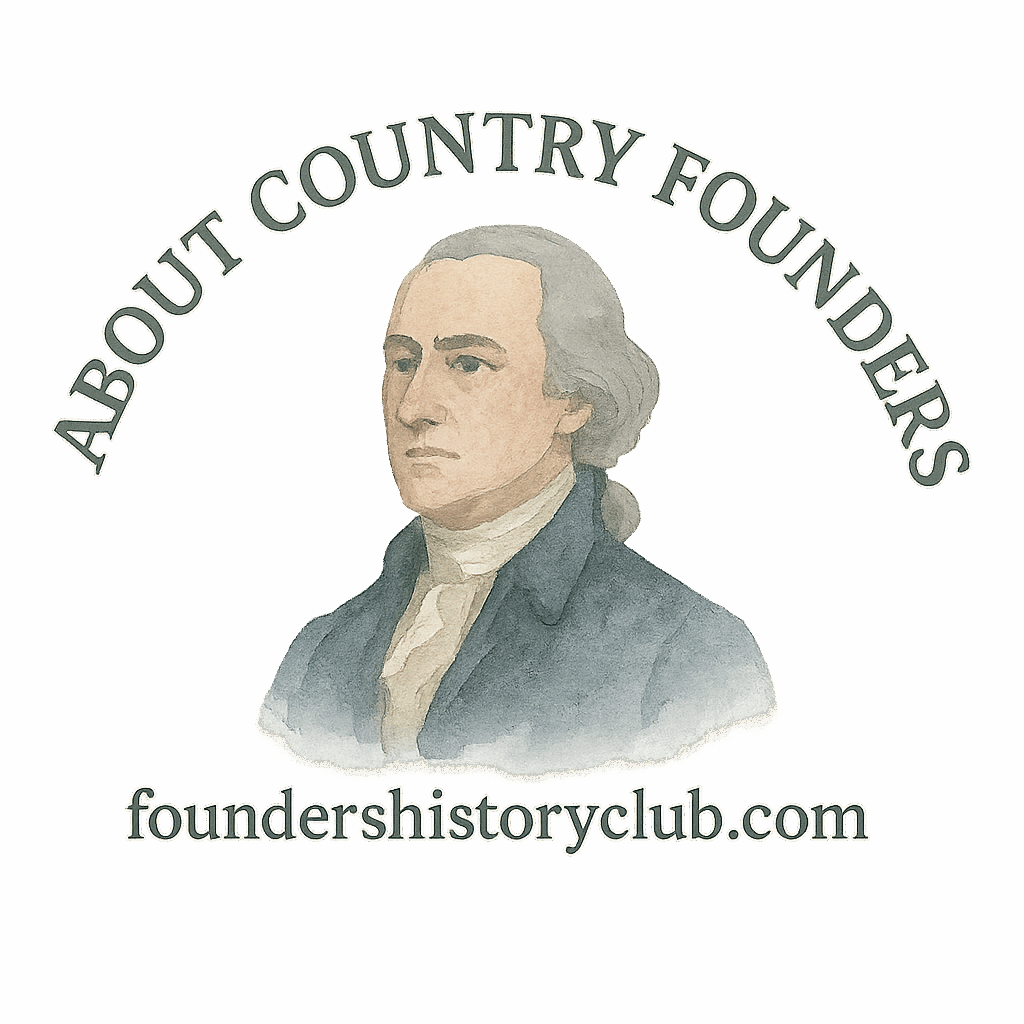Introduction History tends to highlight male heroes, kings, and conquerors—but let’s flip that script. What about the trailblazing women who redefined nationhood, stood up to empires, and carved their legacies into the very soul of their countries? These women founders weren’t just symbols; they were hands-on leaders, diplomats, warriors, and revolutionaries. From Africa to Asia, Europe to the Pacific, they stood firm and reshaped their people’s destinies.
The Legacy of Female Founders in History
Breaking Patriarchy in Ancient Civilizations Before modern feminism, these women cracked ceilings that didn’t even exist yet. They led armies, ran empires, and reformed laws—all while fighting a societal structure built to exclude them.
Paving the Way for Independence and Reform Women founders often rose during turning points—colonial resistance, revolutions, or reformations. Their leadership wasn’t symbolic; it was transformational.
Queen Nzinga of Ndongo and Matamba
Early Life and Rise to Power Queen Nzinga, born in the late 1500s in what’s now Angola, wasn’t raised to rule—she took the throne. When her brother’s reign faltered under Portuguese pressure, Nzinga stepped in as the only hope.
Resistance Against Portuguese Colonization She negotiated with colonizers like a boss—literally—and later led guerrilla warfare against them. Her diplomatic cunning and military strategy kept her people independent for decades.
Legacy in African Independence Movements Nzinga is a lasting icon of resistance. Her story inspired 20th-century African independence leaders, a direct link to today’s celebration of sovereignty. Explore more in our section on Independence Leaders.
Catherine the Great of Russia
Reign of Enlightenment and Modernization Taking over in 1762, Catherine wasn’t even Russian by birth, but she ruled it with brilliance. Her policies modernized the empire, promoting education, science, and the arts.
Expansion of the Russian Empire Under her rule, Russia expanded significantly, establishing it as a dominant European power. She annexed Crimea—sound familiar?—and pushed imperial borders.
Influence on Governance and Reform Catherine rewrote laws, championed secular education, and elevated Russia’s political sophistication. Her governance principles echo through Russian reform history—see our Governance archive for related transformations.
Queen Liliʻuokalani of Hawaii
Cultural Advocacy and National Identity Hawaii’s last sovereign monarch, Queen Liliʻuokalani, composed anthems, preserved the language, and promoted Hawaiian identity amid rising U.S. influence.
Struggle Against U.S. Annexation She resisted U.S. annexation through legal battles and peaceful protest. Though dethroned, her unwavering nationalism remains a cornerstone of Hawaiian identity. Dive deeper into our Controversy tag.

Hatshepsut of Ancient Egypt
Egypt’s First Female Pharaoh Ruling in the 15th century BCE, Hatshepsut declared herself Pharaoh, complete with a false beard and all. She legitimized her reign by aligning with divine ancestry.
Monumental Legacy in Ancient Architecture Her reign wasn’t war-driven—it was about peace and prosperity. She built magnificent temples still standing today. Learn more in Ancient Countries.
Sirimavo Bandaranaike of Sri Lanka
First Female Prime Minister in the World After her husband’s assassination, Sirimavo became the world’s first woman to lead a democratic government in 1960. Her election was a seismic shift in global politics.
Legacy in Modern South Asian Politics She emphasized Buddhist socialism and non-alignment during the Cold War. South Asia’s female leaders owe a nod to her pioneering role—see Founders by Continent.
Golda Meir of Israel
Role in Israel’s Founding and Survival Born in Ukraine, raised in the U.S., and a founder of Israel, Golda Meir wore many hats: labor organizer, diplomat, and Prime Minister. Her fingerprints are all over Israel’s founding infrastructure.
Leadership During Times of Crisis She led during the Yom Kippur War and was both admired and criticized. Still, her strength in crisis remains undeniable. More on Revolutionary Founders.
Corazon Aquino of the Philippines
Leading a Peaceful Revolution After dictator Ferdinand Marcos’ rule, Aquino led the People Power Revolution in 1986—peacefully ousting tyranny and restoring democracy.
Return to Democracy and Political Reform She revived democratic institutions and empowered civil society. Her legacy resonates in Education Legacy.
The Common Threads: What Made Them Founders?
Leadership Amidst Crisis and Resistance Each woman faced a defining national crisis—war, colonization, dictatorship. Their leadership wasn’t just about holding power; it was about saving identity.
Shaping National Identity and Culture From composing national anthems to rewriting constitutions, they were nation-builders in the deepest sense.
The Enduring Legacy of Female Founders
Honoring Memory Through Monuments and Education Statues, museums, and curricula honor these pioneers. Visit our Founder Statues and Cultural Memory tags.
Their Stories in the Context of Global Founders Their contributions stand tall in the pantheon of global leaders. Compare them across timelines via Founders by Era and Comparative.
Internal Links to Explore Further
Conclusion Women founders may not always get the limelight, but they’ve always changed the game. These seven remarkable leaders redefined what it means to lead a nation—not with brute force alone, but with wisdom, culture, diplomacy, and sheer grit.
FAQs
- Who was the first female founder of a nation? Hatshepsut of Egypt is among the earliest known female rulers who can be considered a national founder.
- Did these women face more resistance than male founders? Absolutely. They battled both external enemies and internal patriarchy.
- Are any of these women honored with national holidays? Yes, many have statues, schools, and holidays in their honor. See our National Holidays.
- How did Queen Nzinga influence modern Africa? She became a symbol of resistance and inspired modern independence leaders.
- Is Queen Liliʻuokalani still remembered in Hawaii? Yes, her legacy lives on in cultural revivals and historical commemorations.
- What makes a founder different from a regular leader? Founders shape or reshape national identity, often during pivotal historical shifts.
- Where can I learn more about founders by gender, continent, or era? Explore our directories at Founders History Club for more detailed breakdowns.

Welcome to the foundershistoryclub.com

